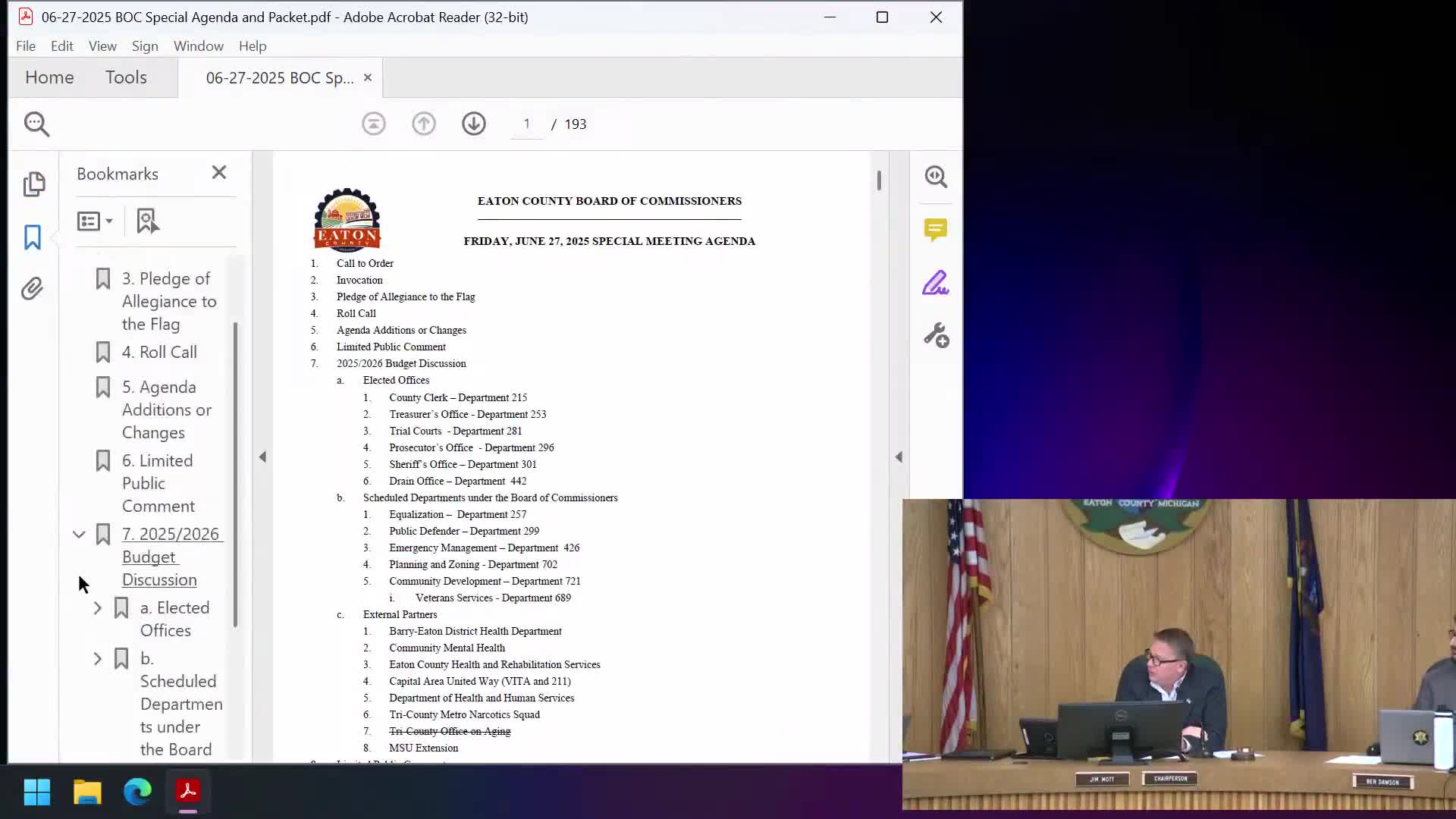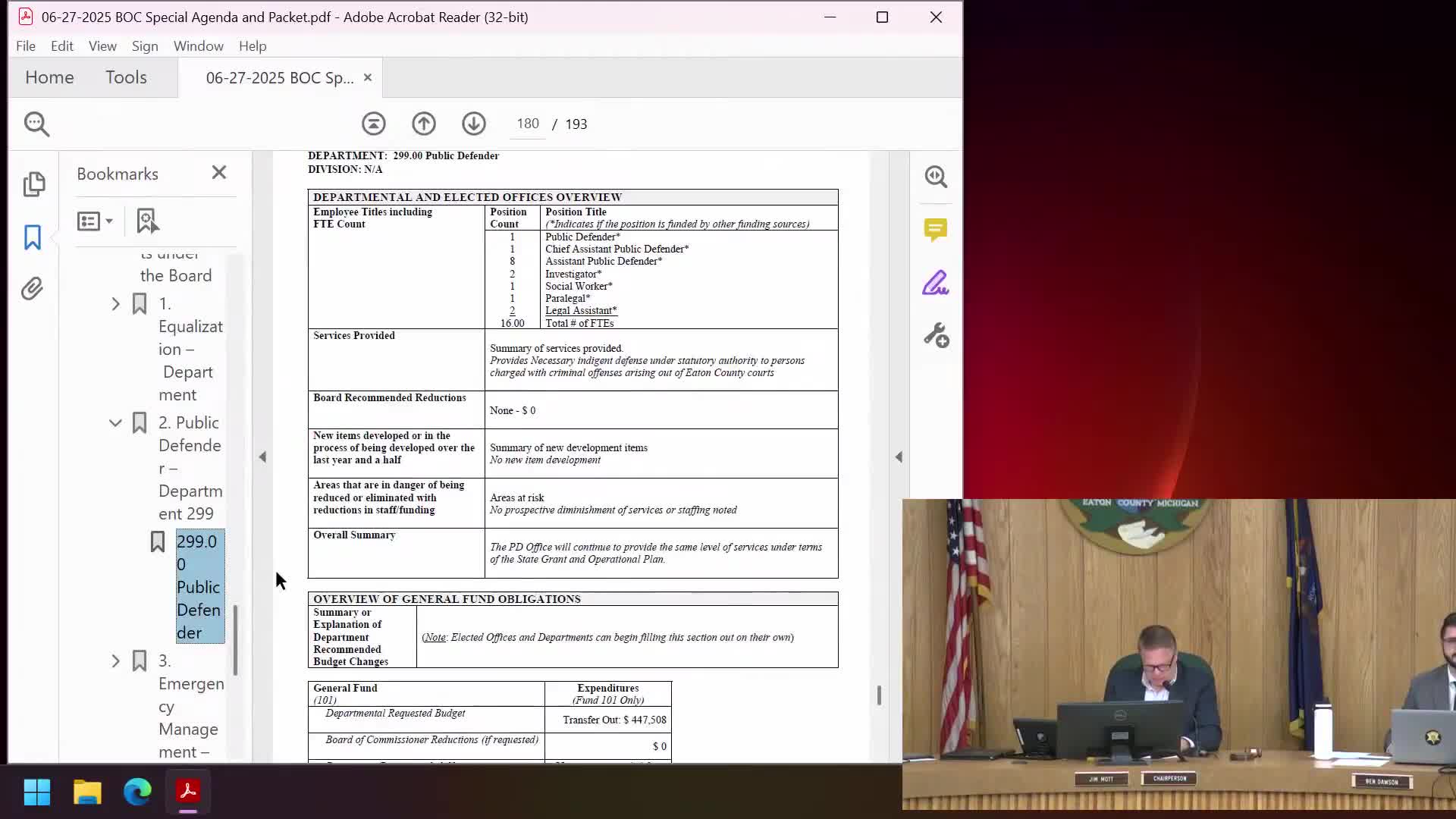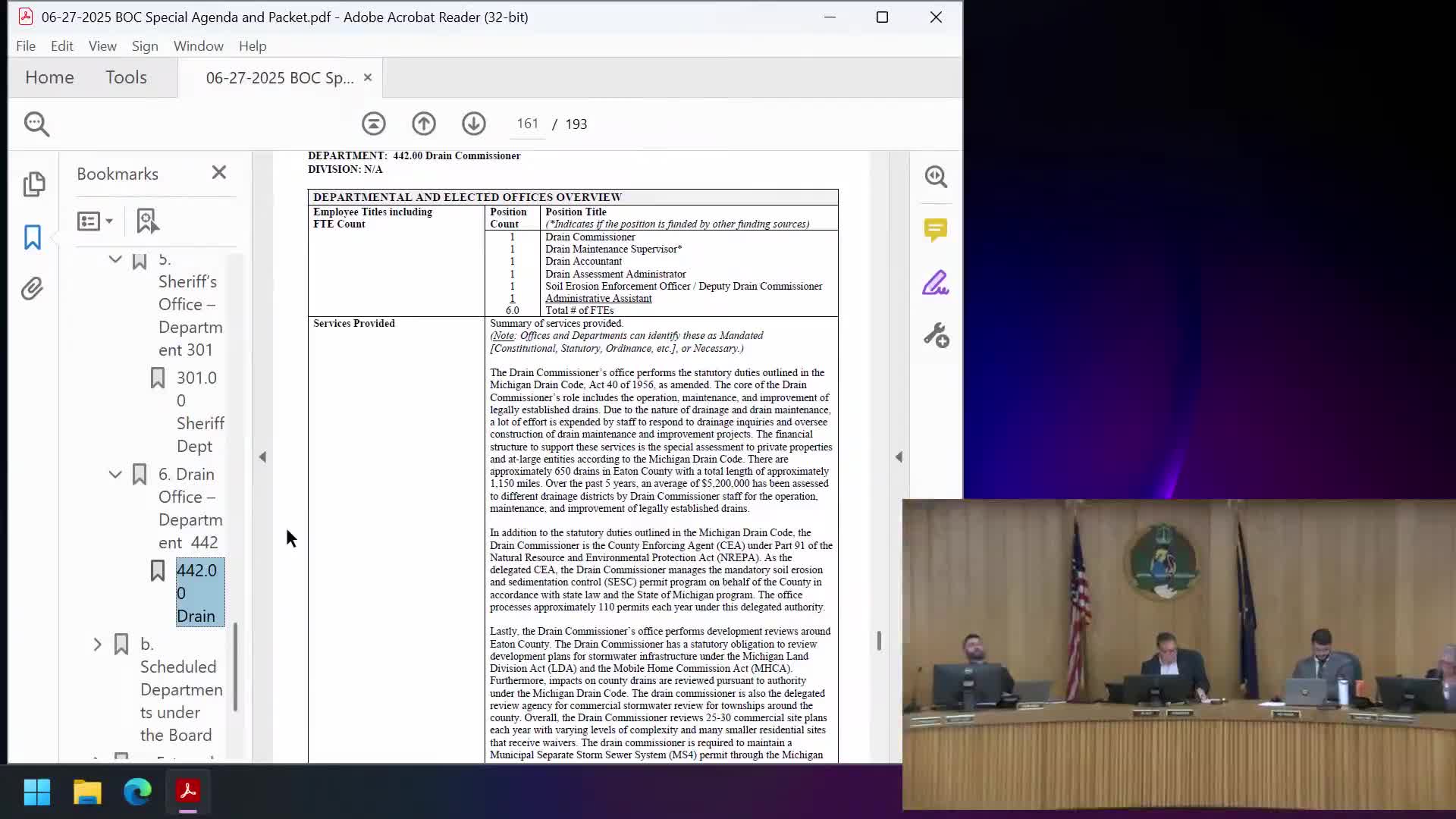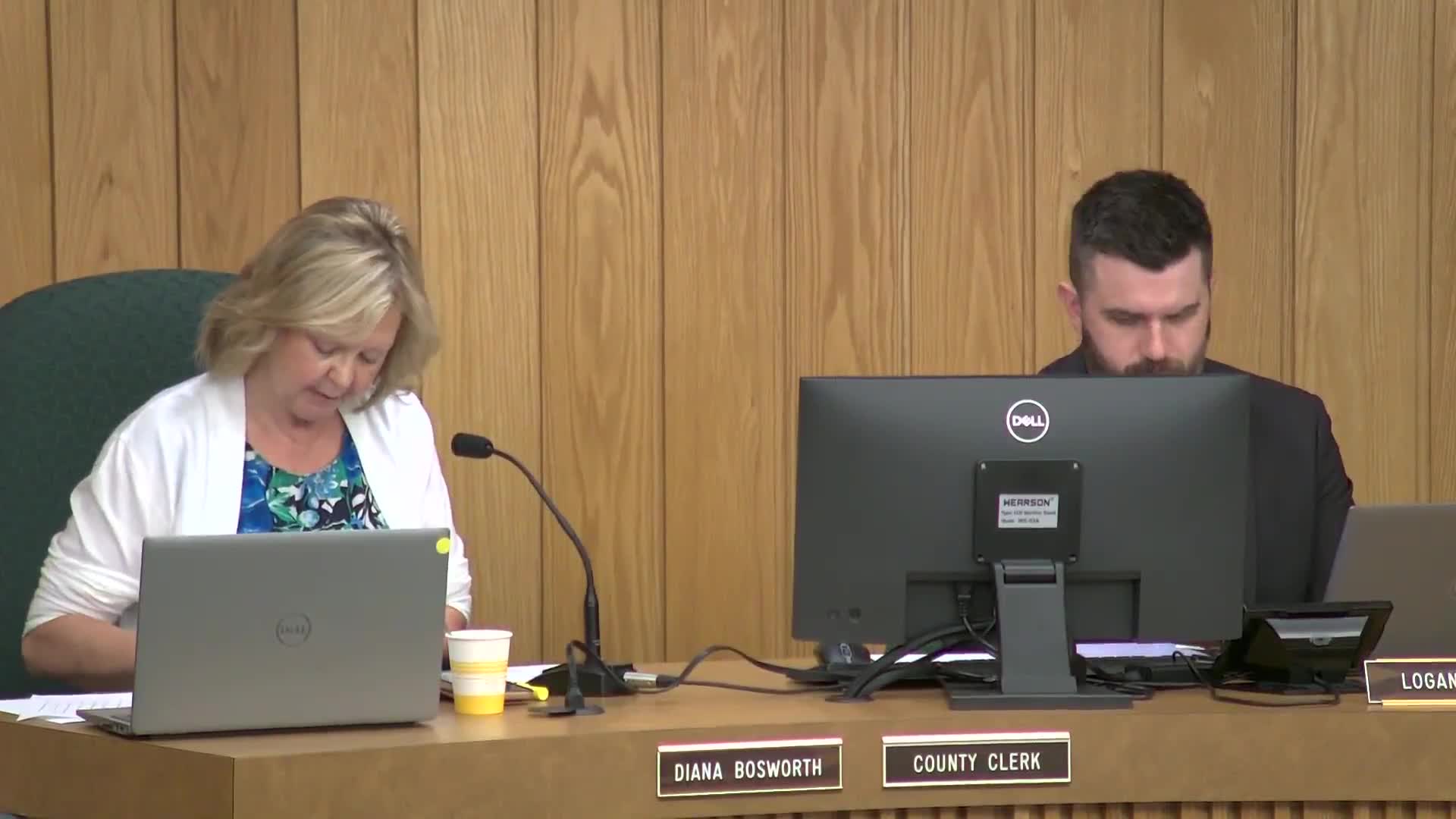Article not found
This article is no longer available. But don't worry—we've gathered other articles that discuss the same topic.

Clerk, treasurer, courts and prosecutor urge commissioners to limit cuts to staffing and core services

Community mental health, United Way, MSU Extension and veteran services warn cuts would limit services countywide

Drain commissioner proposes contracting assessments; residents voice alarm over large assessments

